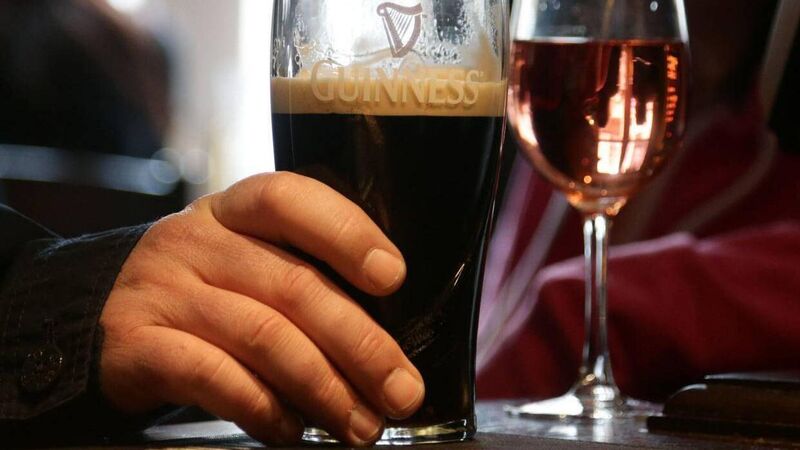'Significant gap' between need for alcohol treatment and services available

'The drinking patterns of 14.8% of the population in Ireland — 578,000 people, show evidence of an alcohol use disorder, and 90,000 of these would have a severe problem.'
There is a “significant gap” between the need for alcohol treatment and the low level of services available, according to Alcohol Action Ireland.
The advocacy group said more than 500,000 people in Ireland were estimated to be drinking in a hazardous or harmful way and that 90,000 of these had a “severe problem”.










